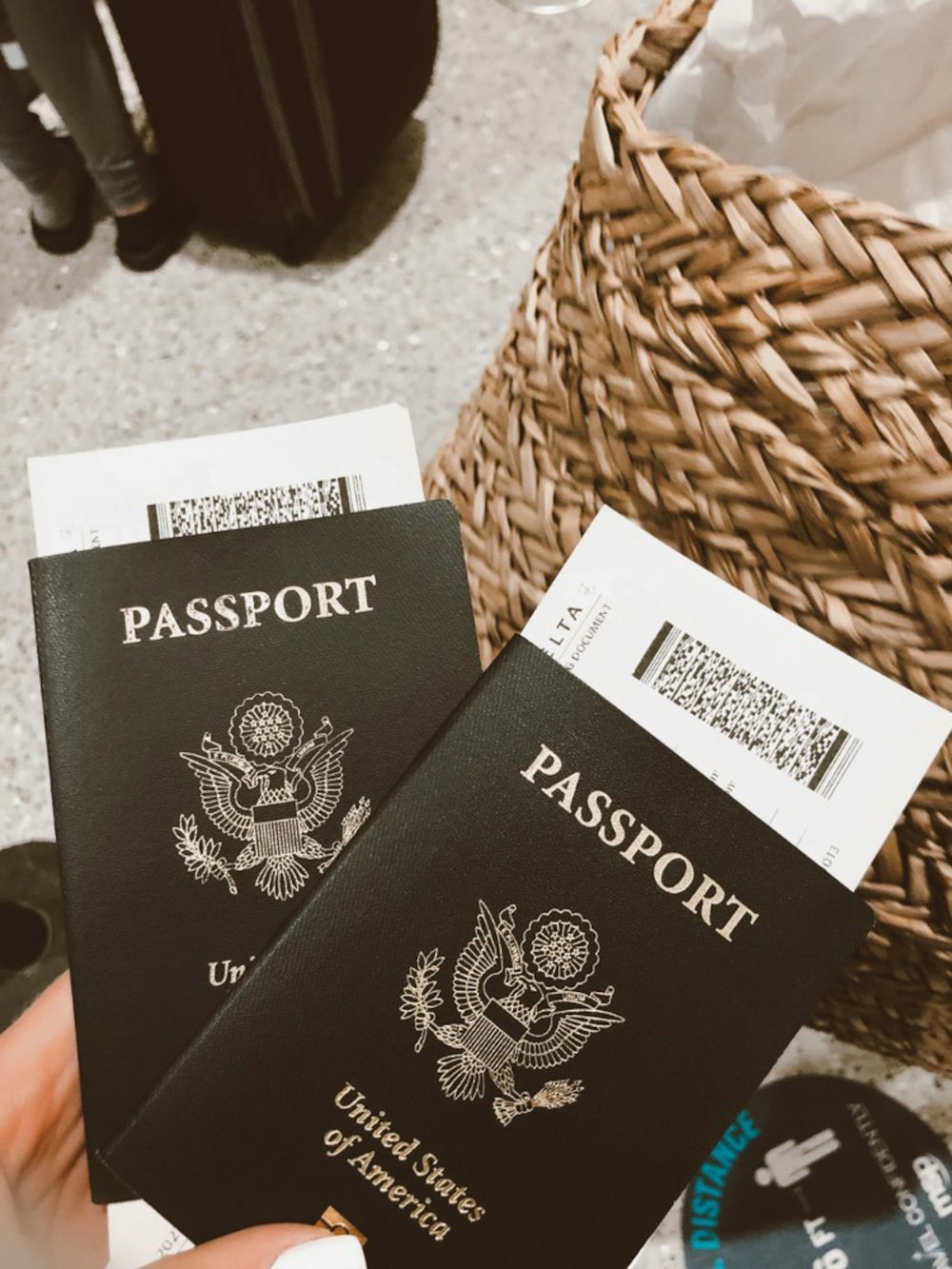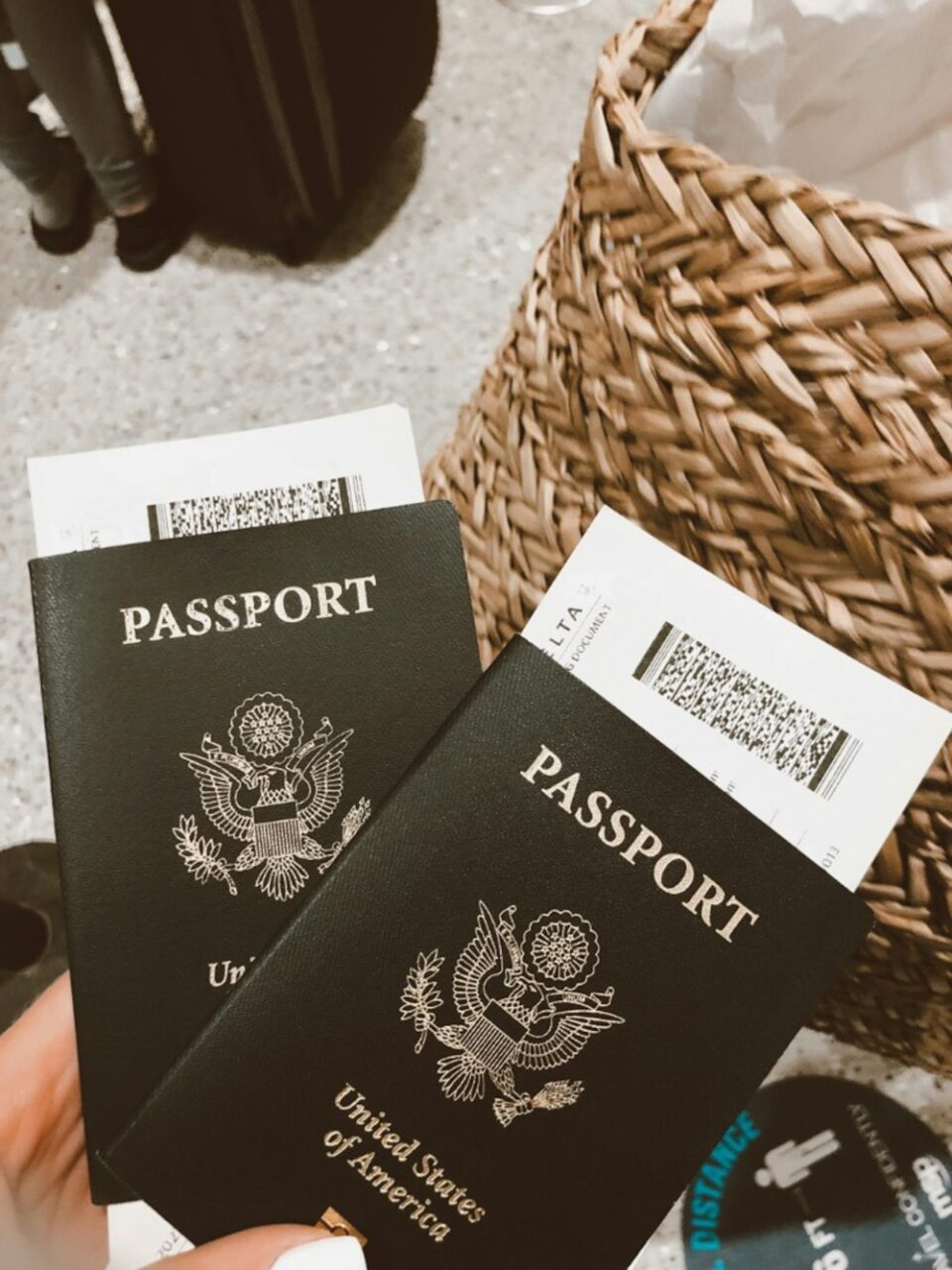In recent months, Kenya has been plagued by a severe backlog in passport processing, causing frustration and inconvenience for countless citizens. Amidst this crisis, Cabinet Secretary (CS) Kindiki has stepped forward, shouldering responsibility for the delays.
The passport delay crisis in Kenya has emerged as a pressing issue, affecting citizens’ lives and raising concerns about governmental efficiency and integrity. The backlog in passport processing has reached alarming levels, with wait times stretching from weeks to several months, leaving many applicants stranded and frustrated.
While various factors contribute to this crisis, corruption within the system has been identified as a significant driver exacerbating the problem.
In response to mounting public pressure, Cabinet Secretary (CS) Kindiki has taken a rare stance of accountability, publicly acknowledging the government’s failure in providing timely passport services. His admission of responsibility and commitment to addressing the issue through urgent reforms have been met with cautious optimism from the public.
Kindiki’s proposed reforms include investments in modern technology, staff training, and enhanced oversight mechanisms to curb corruption and streamline the passport issuance process.
Simultaneously, the fictitious character “Lau,” representing an anti-corruption figure, has launched a vigorous crackdown on corrupt officials suspected of contributing to the passport delay crisis. Government’s efforts aim to root out dishonest practices such as bribery, nepotism, and favoritism within the passport processing system.
This aggressive stance against corruption sends a strong message that those involved will face severe consequences, signaling a shift in the government’s approach to combating systemic corruption.
Despite these measures, the public response remains mixed, reflecting both hope and skepticism. While many commend Kindiki for his accountability stance and Lau for his anti-corruption efforts, others remain skeptical of the government’s ability to deliver on its promises. Past instances of unfulfilled commitments and the entrenched nature of corruption within the system fuel skepticism about the sustainability and effectiveness of proposed reforms.
Moving forward, addressing the passport delay crisis requires concerted efforts from the government, civil society, and citizens alike. Transparency, accountability, and public vigilance are paramount in ensuring that reforms are implemented effectively and corruption is rooted out comprehensively.
Only through genuine commitment and sustained action can Kenya overcome the current crisis, restore trust in its governance institutions, and provide its citizens with the timely passport services they deserve.
Additionally, the anti-corruption czar, has launched a rigorous crackdown on corrupt officials suspected of exacerbating the issue. This article delves into the complexities of the passport delay debacle, explores CS Kindiki’s accountability stance, and examines his office efforts to combat corruption within the system.
The issuance of passports is a fundamental service provided by governments worldwide. However, in Kenya, this essential process has been marred by prolonged delays, leaving citizens stranded and disillusioned.
As the backlog continues to mount, CS Kindiki has publicly acknowledged the government’s failure in passport processing, vowing to address the issue head-on. Concurrently, government,known for his unwavering stance against corruption, has launched a sweeping campaign to weed out dishonest officials suspected of contributing to the crisis.
Understanding the Passport Delay Crisis:
The passport delay crisis in Kenya has reached alarming proportions, with applicants facing wait times stretching from weeks to several months. The backlog has been attributed to various factors, including outdated infrastructure, bureaucratic inefficiencies, and, most notably, corruption within the system. The inability to meet the surging demand for passports has not only inconvenienced citizens but also raised concerns about national security and economic repercussions.
CS Kindiki’s Accountability Stance:
In a rare display of accountability, CS Kindiki has taken full responsibility for the passport delays, acknowledging the government’s failure to provide timely services to its citizens. In a press conference, Kindiki expressed remorse for the inconvenience caused and pledged to implement urgent reforms to streamline the passport issuance process.
His willingness to admit fault and commitment to rectify the situation have been met with cautious optimism from the public, who are eager to see tangible improvements in passport processing efficiency.
Government’s Crackdown on Corruption:
As the passport delay crisis unfolds, the ministry has intensified his efforts to combat corruption within the government ranks. Suspecting foul play behind the backlog, the government’s anti-corruption agency has launched a series of investigations targeting officials suspected of engaging in corrupt practices, such as bribery, nepotism, and favoritism in passport processing.
The crackdown sends a clear message that those involved in corrupt activities will face severe consequences, signaling a significant shift in the government’s approach to tackling systemic corruption.
Reforms and Remedial Measures:
To address the passport delay crisis comprehensively, CS Kindiki has outlined a series of reforms aimed at modernizing and streamlining the passport issuance process. These reforms include investing in advanced technology, enhancing staff training, and implementing stringent oversight mechanisms to prevent corruption and ensure transparency.
Additionally, Kindiki has vowed to expedite the hiring of additional personnel to alleviate the backlog and improve service delivery to citizens.also new machines to arrive in the country next week to ease the processing process.
Public Response and Expectations:
The public response to CS Kindiki’s accountability stance and Lau’s anti-corruption efforts has been mixed, reflecting both hope and skepticism. While many applaud Kindiki’s willingness to take responsibility and initiate reforms, others remain skeptical of the government’s ability to deliver on its promises given past instances of unfulfilled commitments.
Similarly, while Lau’s crackdown on corruption is lauded as a step in the right direction, some question the sustainability and effectiveness of such measures in eradicating deep-rooted corruption within the system.
The passport delay crisis in Kenya underscores the pressing need for systemic reforms and accountability within the government. CS Kindiki’s acknowledgment of responsibility and commitment to reform, coupled with Lau’s aggressive stance against corruption, offer a glimmer of hope for addressing the underlying issues fueling the backlog.
However, the road ahead remains fraught with challenges, requiring sustained efforts, transparency, and public vigilance to ensure that the passport issuance process serves its intended purpose efficiently and fairly. Only through genuine reform and unwavering dedication to combating corruption can Kenya overcome the current crisis and restore trust in its governance institutions.
The CS stated that beginning this morning,a crackdown has been commenced to identify corrupt officials .Those found culpable will be removed from service and held accountable by prosecution and surcharged.Says the CS Kindiki.



